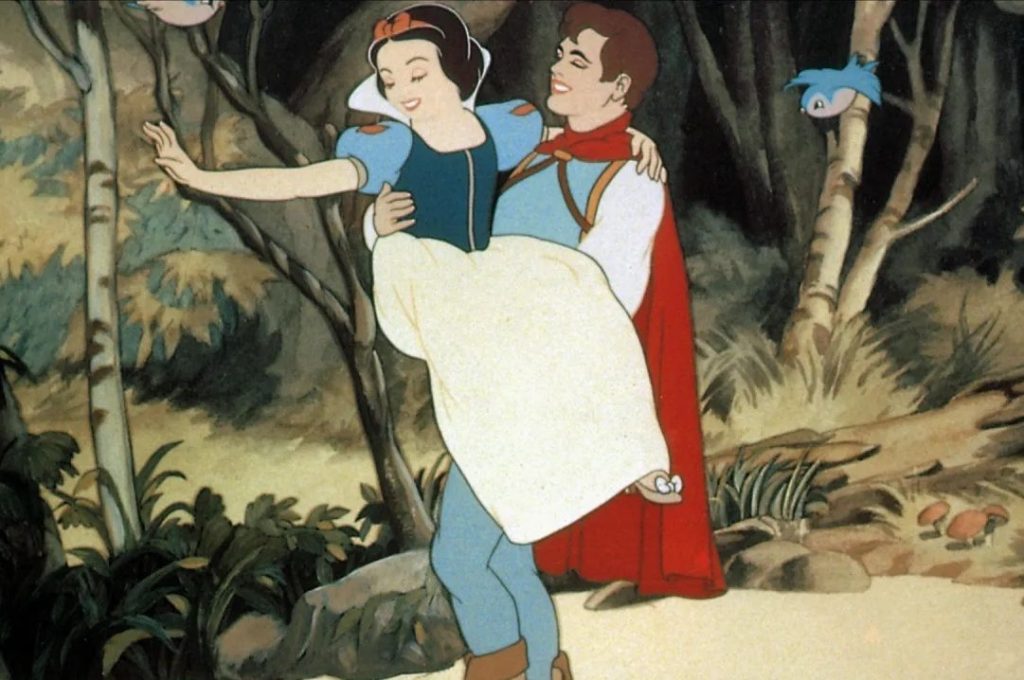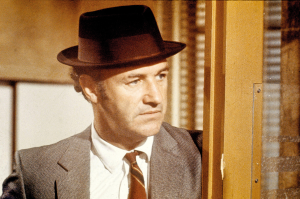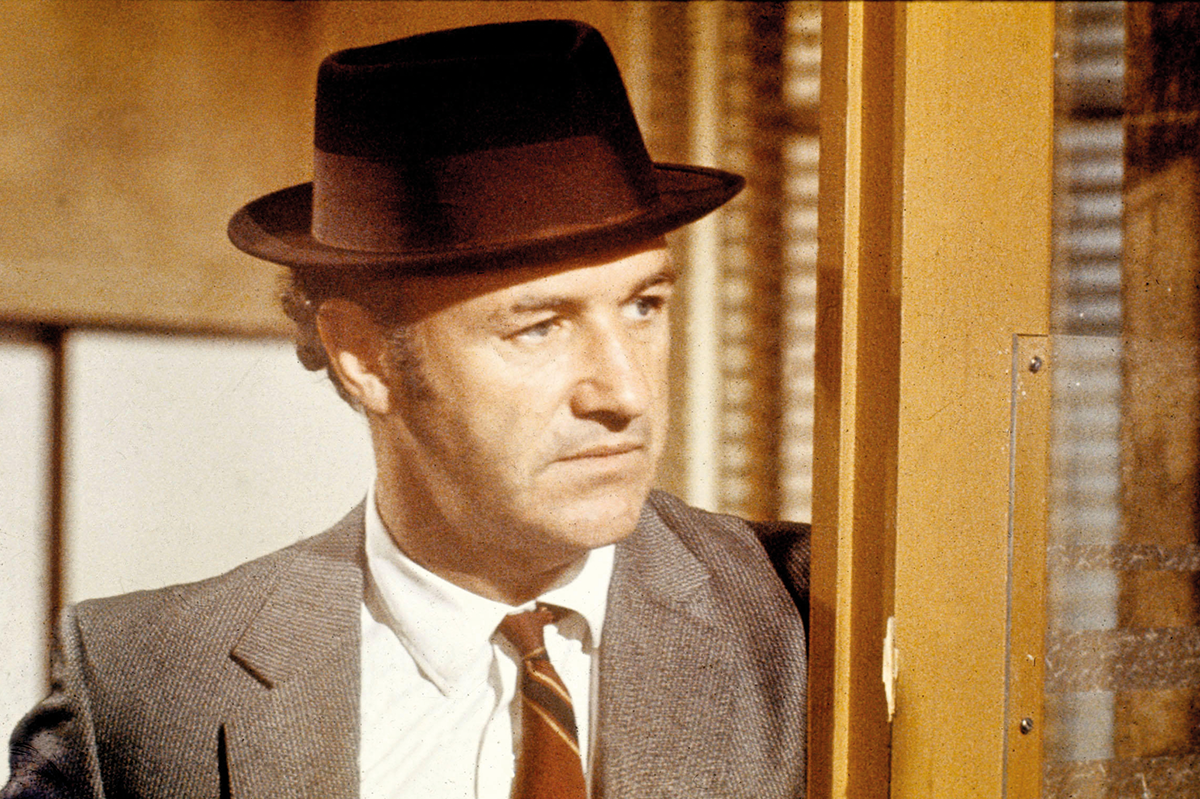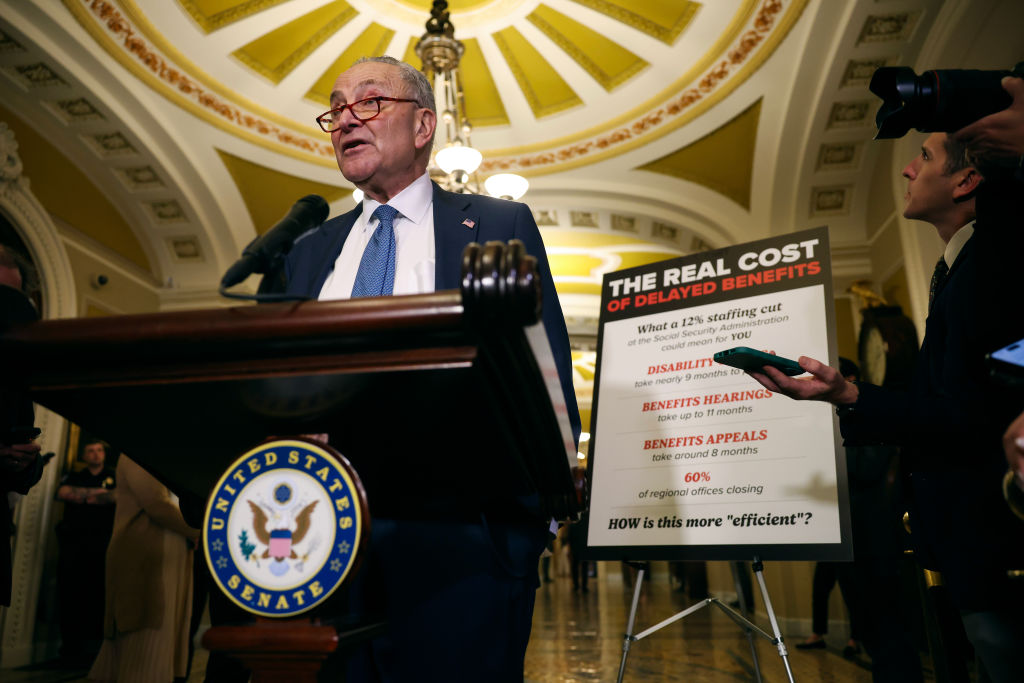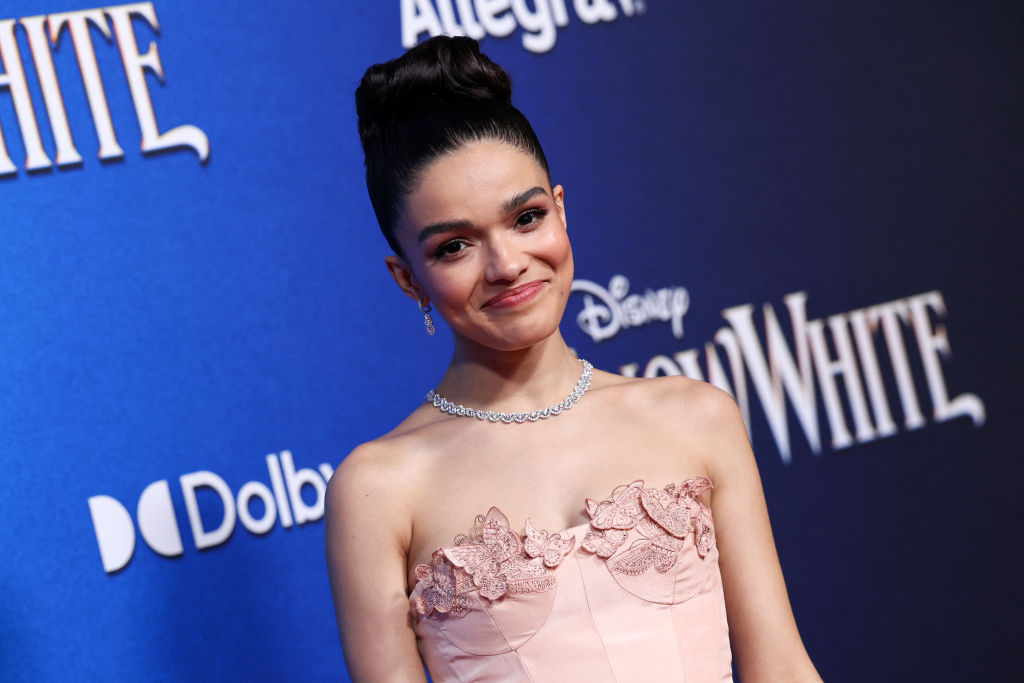The only strikes I really enjoy are actors’ strikes. Teachers’ strikes leave me cold. Train strikes get me into a cold fury. But there are few more enjoyable spectacles in life than members of the acting profession making demands which — if left unmet — will see them refuse to work.
My first urge is always to clasp my head in my hands and in my best South Park voice scream: “You mean no movies with Susan Sarandon for six months? Nooooo.” Then there’s the fact that most of the strikers haven’t seen work in years. Last month there was an actors’ picket line in New York, one of the leaders of which was someone best remembered for appearing in a musical almost thirty years ago. Manning a picket line is the most work he’s had in years.
Still, you would have thought that at such a time those actors who are in work, and the studios themselves, might seek to ingratiate themselves with the public. Or at least try.
In which case let me introduce you to Rachel Zegler. As well as supporting the strikes, the twenty-two-year-old actress has been doing the publicity rounds ahead of the release of Disney’s new Snow White movie, due to open next year. Although her father is of Polish descent, Zegler identifies as “Latino” — and that in itself is one of those modern Hollywood pokes-in-the-eye. For of course Disney, like all Hollywood, believes it is its duty to root out racists and other bigots. If the studio had cast Snow White as a white girl, they would fear they were helping along white supremacy. Instead, they cast a non-white girl, as if to say: “Take that all you white supremacist bigots who hoped that Snow White would fit your racist archetypes. Haha.”
If you are unfamiliar with this technique, allow me to remind you of the latest Hollywood mauling of Peter Pan. In the most recent version, released in April, Tinkerbell was black, Peter brown and the Lost Boys weren’t boys, because of “patriarchy” or something. When one of the children first meets the Lost Boys and says, “But you’re not all boys,” one of the black girls in the group demands: “So?”
Now Snow White is getting the same treatment. Even more than the Lost Boys, the seven dwarfs don’t fit the current status quo, so only one of the dwarfs is actually played by someone with dwarfism. The other six, we are told, will be of varying genders and ethnicities. Which, beautifully enough, has already led to a backlash from dwarf actors who are complaining about being edged out from some of their few reliable roles. I believe a similar row is now brewing with the newest casting of Oompa-Loompas.
Zegler herself is also doing everything she can to undermine the franchise she has joined. In an interview she poured scorn on the idea of the original Snow White and stated that her Snow White would be different. Why? “I just mean that it’s no longer 1937,” she replied in that horrible American female speaking style that manages to be at once both juvenile and condescending. She went on to pour scorn on the idea that her modern Snow White would even need a Prince Charming. Not this princess. “She’s not going to be dreaming about true love,” Zegler promised. “She’s dreaming about becoming the leader she knows she can be.” Zegler sounds as if she’s speaking from a script written by Meghan Markle. In another interview she said that the original prince in the Disney movie acted like “a stalker” and was, like, super-gross.
That’s quite the PR strategy — to remake a much-loved classic and cast as the lead someone who busily pisses all over the original. But that is the moment we are in. One in which the main organs of entertainment believe that their job is to instruct rather than entertain.
Of course, in one way this whole thing is a giant booby trap, designed for people like me to walk into so that a bunch of left-wing banshees might then say: “I can’t believe you’re getting upset about Snow White. What a loser.” Except that most of us aren’t upset. We’re just a bit tired of the whole thing.
Because there is in fact some logic to the stories we tell. Even — or especially — fairy tales. Across generations girls have grown up with the dream that one day their prince will come. Is it always true? Observably not. But what is the better dream to dream: that story, or the one that tells young girls that they should dream about “becoming the leader they know they can be.” I’m sure there are some girls who don’t want to dream about a Prince Charming. But why should they dream of being something like a deputy undersecretary at the United Nations?
Besides, it’s all so horribly predictable. Last year I went to see Daniel Craig’s Macbeth on Broadway. He was terrific. But the production was one great modern cliché. Apart from being unable to hear the verse because almost nobody in the cast knew how to speak it, the eccentricities included the following. Banquo was inexplicably played by a black woman. Banquo’s assassin was even more inexplicably in a wheelchair. Meantime, the heir to the kingdom at the play’s end was a purple-haired non-binary person who was possibly lesbian. I regret to say that if I had been a hungry laird at the time I would have given her one afternoon on the throne before hitting her over the head with a caber.
The point is that all of this isn’t “reimagining,” “challenging” or anything else. It is an expression of cultural stagnation.
We have these endless reruns and last presses of the few stories that might actually draw an audience, only for the audience to then be given the same stultifying lessons about race, gender and “women being the leaders they know they can be.” I know actresses like Zegler think something from 1937 is old-hat. But it’s the stuff from 2024 that really feels dated.
This article was originally published in The Spectator’s UK magazine. Subscribe to the World edition here.



